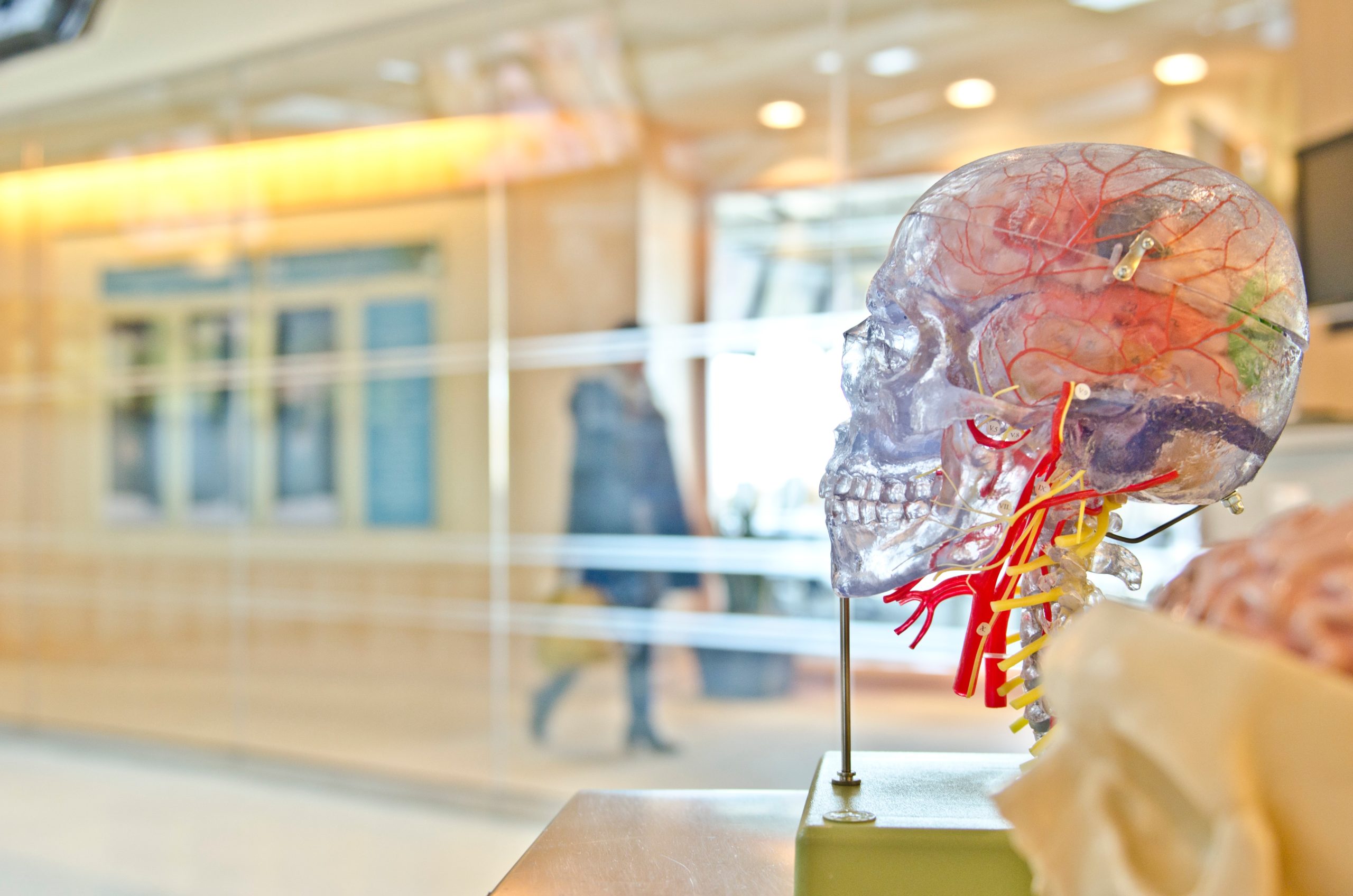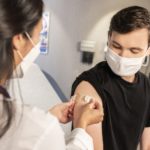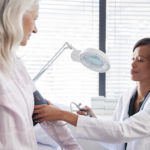No matter where you work, your health and safety always come first. At OH Services we conduct a variety of medical and health checks for employers and industries. This blog details our most common medicals, what they entail and which industries can benefit from them.
If you’re an employer and need to conduct medicals for your business then why not contact OH Services today for a no-obligation consultation and quote?
OGUK/WIND TURBINE
This is an assessment of medical fitness to work offshore (in the Oil and Gas Industry or Wind Turbine Installations). It can only be carried out by an OGUK Approved doctor. It is Oil & Gas UK policy that all persons working offshore shall be examined periodically and classified as fit to work in the offshore environment.
What does this medical entail?
Clinical Examinations of all body systems including BMI calculation, Spirometry (Lung Function Tests), Audiogram (hearing test), Urinalysis (routine & microscopic urine tests), Near, Distance and Colour Vision
ENG1
The ENG1 is a medical examination set by the MCA (Maritime and Coastguard Agency) to assess whether individuals are fit to work on a seagoing vessel and perform duties at sea.
What does this medical entail?
The ENG1 Medical takes about 45 minutes to complete. You will need to take a form of ID (passport or driving licence) and any glasses you use for reading with you. The doctor will ask for a urine sample so that your kidney function and blood sugar levels can be tested. They will measure your height and weight, take your blood pressure, listen to your lungs as well as check your ears, nose and throat.
PRE-PLACEMENT
The pre-placement health assessment provides a means of early identification of those in need of assistance or extra protection in accordance with The Equality Act 2010
This medical assess whether a job will adversely affect an employee’s health and makes recommendations to reduce any risks if necessary.
What does this medical entail?
Depending on the job role, the pre-placement medical will consist of measuring your height, weight, BMI, vision and audio test, urinalysis, lung function, skin examination and musculoskeletal checks.
SAFETY CRITICAL
Safety Critical medicals are in-depth medicals designed to ensure anyone who may be undertaking safety-critical tasks is fit to do so to ensure the safety of themselves and others.
Who needs a safety critical medical at work?
- Plant Operators
- Scaffolder/Rigger
- Slinger/Signaller/Banksman/Traffic Marshall
- Steel Erector Structural/Fabricator
- Steeplejacks
- Tunnel Boring Gangs
- Roadside Crews (high speed)
- Tunnelling
- Confined Space Workers
- Employees Working at Height
What does this medical entail?
The medical starts with a questionnaire to ascertain the health background of the worker and this is then followed by simple, non-invasive tests for hearing, lung function, near & distance vision, colour vision, body mass index and blood pressure.
BA/CONFINED SPACE
A confined space is one which is both enclosed, and largely enclosed, and which also has a reasonably foreseeable risk to workers of fire, explosion, loss of consciousness, asphyxiation or drowning.
The space itself may be small and restrictive for the worker or it could be far larger such as a grain storage silo with hundreds of cubic metres of capacity depending on the context of the environment.
Confined Space Legislation
The Confined Spaces Regulations 1997 apply where the assessment identifies risks of serious injury from work in confined spaces.
Wherever possible, a company should avoid carrying out tasks in confined spaces. Where this is not possible, you must assess the risks of the particular confined space and plan how you will control those risks.
Dangers Can Arise in Confined Spaces due to the:
- Lack of oxygen.
- The build-up of poisonous gas, fume or vapour.
- Liquids and solids which can suddenly fill the space or release gas into it when disturbed.
- Fire and explosions.
- High dust levels.
- Hot conditions.
Medical Assessment
It is not a legal requirement to have a confined space medical but it is good practice to have one if you or your staff are likely to be working in this environment.
What does this medical entail?
- Health questionnaire including questions about psychological issues such as claustrophobia.
- Height, weight, body mass index, waist and hip measurement.
- Blood pressure.
- Vision screening for near and distance.
- Standard urine test for protein and sugar.
- Lung function baseline.
- Hearing test baseline.
- Specific confined space-related questions.
Thanks For Reading!
We hope this information has helped to keep you informed about medicals in the workplace. If you have found this article helpful let us know on Social Media, we would love to hear from you.
If you would like to see more educational articles like this one, then check back at our blog, we’re adding new content all of the time.




